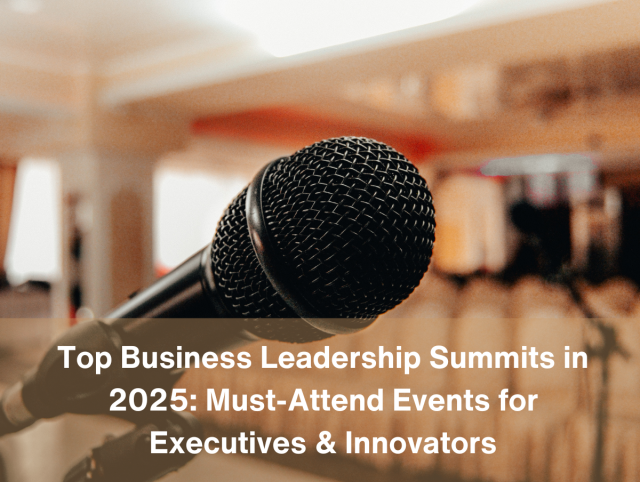Unlocking the Limitless Potential: Revolutionizing Job Search for HR Professionals
Unlocking the Limitless Potential: Revolutionizing Job Search for HR Professionals
In the ever-evolving world of human resources, professionals in this field stand at the cusp of unprecedented opportunities. As organizations continue to recognize the critical role HR plays in shaping culture, talent, and strategy, the demand for adept HR professionals is soaring. The key to seizing these opportunities lies in the ability to harness the limitless potential of the job search process, transforming it into a journey of growth, innovation, and fulfillment.
Understanding the Changing Landscape
The landscape of HR is undergoing a seismic shift. Gone are the days when HR was confined to the traditional roles of recruitment and compliance. Today, HR professionals are expected to be strategic partners, driving business success through innovative people management practices. This paradigm shift calls for a new approach to career planning and job search, one that embraces change and leverages digital tools and networks.
Embracing the Digital Transformation
The digital revolution has transformed the job search process, offering HR professionals a myriad of tools and platforms to market their skills and connect with potential employers. Harnessing the power of social media, professional networks like LinkedIn, and online job boards is essential for those looking to expand their career horizons. By actively participating in HR forums, webinars, and conferences, professionals can stay ahead of industry trends and establish themselves as thought leaders.
Cultivating a Growth Mindset
In order to reach new heights, HR professionals must cultivate a growth mindset. This involves embracing continuous learning and development, whether through formal education, certification programs, or on-the-job experiences. By expanding their skillset to include data analytics, change management, and strategic planning, HR professionals can enhance their value proposition and open doors to exciting new opportunities.
Networking: The Power of Connection
Networking remains a cornerstone of successful job searches. For HR professionals, this means building and nurturing relationships within and outside their industry. By connecting with peers, mentors, and industry influencers, HR professionals can gain insights, receive guidance, and uncover hidden job opportunities. Networking should be approached with authenticity and a genuine desire to contribute, as these relationships can often lead to mutually beneficial partnerships.
Crafting a Compelling Personal Brand
In a competitive job market, a strong personal brand is crucial. HR professionals should focus on articulating their unique value proposition and accomplishments in a way that resonates with potential employers. This involves crafting a compelling narrative that highlights one’s expertise, leadership capabilities, and impact on past organizations. A well-crafted resume and online presence can set HR professionals apart and make them stand out to recruiters and hiring managers.
Pioneering Innovation in HR
The pursuit of limitless potential in the job search begins with a commitment to innovation. HR professionals should not shy away from exploring unconventional paths or roles that stretch their capabilities. Whether it’s spearheading diversity and inclusion initiatives or implementing new HR technologies, taking bold steps can lead to career breakthroughs and drive meaningful change within organizations.
Conclusion: Realizing Limitless Potential
The journey towards limitless potential in the job search for HR professionals is both exciting and challenging. By embracing digital transformation, cultivating a growth mindset, networking strategically, crafting a compelling personal brand, and pioneering innovation, HR professionals can unleash their true potential and redefine what it means to excel in their careers. As the guardians of organizational culture and change, HR professionals have the opportunity to not only reach new heights but also shape the future of work.































